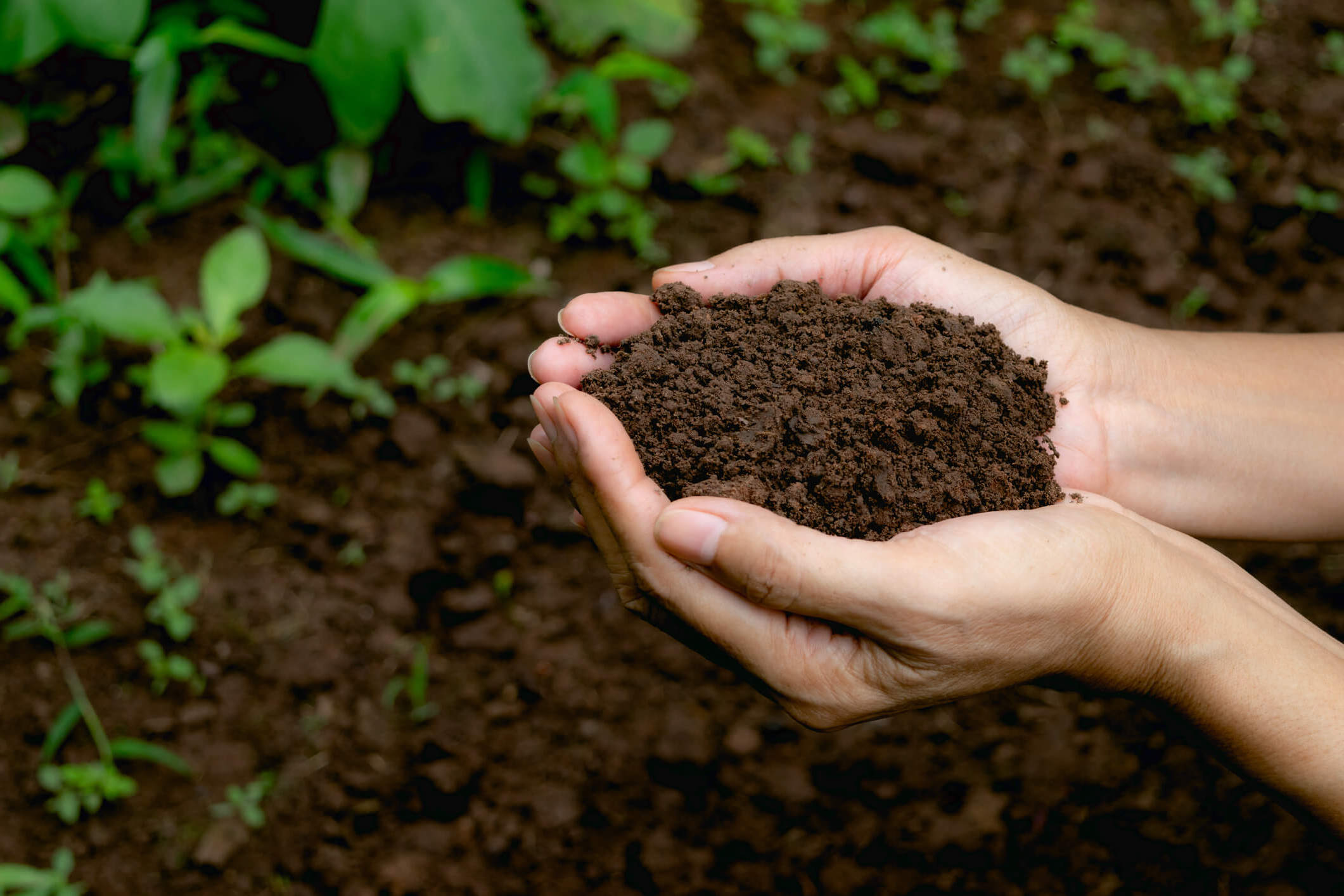
Soil health is the foundation of life on Earth. Without it, plants can't grow, food can't be produced, and ecosystems can't thrive. But what exactly makes soil healthy? Healthy soil is rich in organic matter, teeming with microorganisms, and has the right balance of nutrients. It's not just dirt; it's a living, breathing entity that supports all forms of life. From farmers to gardeners, understanding soil health is crucial for sustainable agriculture and environmental conservation. In this post, we'll uncover 26 fascinating facts about soil health that will change the way you look at the ground beneath your feet.
Key Takeaways:
- Soil health is crucial for plant growth, water filtration, and carbon storage. It's like a natural superhero that helps combat climate change and supports healthy food production.
- Factors like erosion, compaction, and pH levels can affect soil health. By understanding and improving these factors, we can protect our soil and ensure a sustainable future.
What is Soil Health?
Soil health refers to the state of soil meeting its range of ecosystem functions. Healthy soil supports plant growth, stores and filters water, and cycles nutrients. Let's dig into some fascinating facts about soil health.
-
Soil Composition: Soil is made up of minerals, organic matter, air, and water. The balance of these components determines its health.
-
Microorganisms: A single teaspoon of healthy soil can contain more microorganisms than there are people on Earth. These tiny organisms play a crucial role in nutrient cycling.
-
Soil Layers: Soil has distinct layers called horizons. Each horizon has different characteristics and functions, contributing to overall soil health.
Importance of Soil Health
Healthy soil is vital for agriculture, water filtration, and carbon storage. It supports plant growth and helps combat climate change.
-
Plant Growth: Healthy soil provides essential nutrients and a stable environment for plants to grow. Poor soil health can lead to reduced crop yields.
-
Water Filtration: Soil acts as a natural filter, removing contaminants from water as it percolates through the ground.
-
Carbon Storage: Soil stores more carbon than the atmosphere and all plant life combined. Healthy soil can help mitigate climate change by sequestering carbon.
Factors Affecting Soil Health
Several factors influence soil health, including human activities, climate, and natural processes.
-
Erosion: Soil erosion removes the topsoil, which is rich in nutrients and organic matter. This can degrade soil health and reduce agricultural productivity.
-
Compaction: Heavy machinery and livestock can compact soil, reducing its ability to hold water and air. Compacted soil can hinder root growth and decrease crop yields.
-
pH Levels: Soil pH affects nutrient availability and microbial activity. Most plants prefer a slightly acidic to neutral pH.
Soil Health and Agriculture
Agricultural practices can have a significant impact on soil health. Sustainable farming methods can help maintain or improve soil quality.
-
Crop Rotation: Rotating crops can help prevent soil depletion and reduce pest and disease problems.
-
Cover Crops: Planting cover crops can protect soil from erosion, improve soil structure, and add organic matter.
-
Organic Farming: Organic farming practices, such as composting and using natural fertilizers, can enhance soil health by increasing organic matter and microbial activity.
Soil Health and Biodiversity
Healthy soil supports a diverse range of organisms, from bacteria and fungi to insects and earthworms.
-
Earthworms: Earthworms are essential for soil health. They aerate the soil, improve drainage, and help decompose organic matter.
-
Mycorrhizal Fungi: These fungi form symbiotic relationships with plant roots, helping them absorb nutrients and water more efficiently.
-
Soil Bacteria: Soil bacteria play a crucial role in nutrient cycling, breaking down organic matter and making nutrients available to plants.
Soil Health and Climate Change
Soil health is closely linked to climate change. Healthy soil can help mitigate climate change, while degraded soil can exacerbate it.
-
Carbon Sequestration: Healthy soil can store carbon, reducing the amount of carbon dioxide in the atmosphere.
-
Greenhouse Gas Emissions: Degraded soil can release greenhouse gases, such as carbon dioxide and methane, contributing to climate change.
-
Drought Resistance: Healthy soil can retain water better, making it more resilient to drought conditions.
Soil Health and Human Health
Soil health can directly and indirectly affect human health. Healthy soil supports nutritious food production and clean water.
-
Nutrient-Rich Food: Healthy soil produces nutrient-rich crops, which are essential for human health.
-
Water Quality: Soil acts as a natural filter, improving water quality by removing contaminants.
-
Disease Prevention: Healthy soil can help prevent the spread of soil-borne diseases that can affect humans and animals.
Improving Soil Health
There are several ways to improve soil health, from simple gardening practices to large-scale agricultural techniques.
-
Composting: Adding compost to soil can increase organic matter, improve soil structure, and boost microbial activity.
-
Reduced Tillage: Minimizing tillage can help maintain soil structure, reduce erosion, and preserve organic matter.
-
Mulching: Applying mulch can protect soil from erosion, retain moisture, and add organic matter as it decomposes.
-
Soil Testing: Regular soil testing can help identify nutrient deficiencies and pH imbalances, allowing for targeted soil amendments.
-
Agroforestry: Integrating trees and shrubs into agricultural systems can improve soil health by reducing erosion, enhancing nutrient cycling, and increasing biodiversity.
Soil Health Matters
Healthy soil is the backbone of our ecosystem. It supports plant growth, stores carbon, and filters water. Without it, our food supply would be in jeopardy. Farmers and gardeners alike benefit from understanding soil health. Practices like crop rotation, composting, and reduced tillage can make a big difference. These methods not only improve soil structure but also boost nutrient content. Remember, soil isn't just dirt; it's a living, breathing entity. By taking care of it, we ensure a sustainable future for generations to come. So next time you plant a garden or buy produce, think about the soil that made it possible. Healthy soil means healthy food, clean water, and a balanced environment. Let’s all do our part to keep it thriving.
Frequently Asked Questions
Was this page helpful?
Our commitment to delivering trustworthy and engaging content is at the heart of what we do. Each fact on our site is contributed by real users like you, bringing a wealth of diverse insights and information. To ensure the highest standards of accuracy and reliability, our dedicated editors meticulously review each submission. This process guarantees that the facts we share are not only fascinating but also credible. Trust in our commitment to quality and authenticity as you explore and learn with us.


